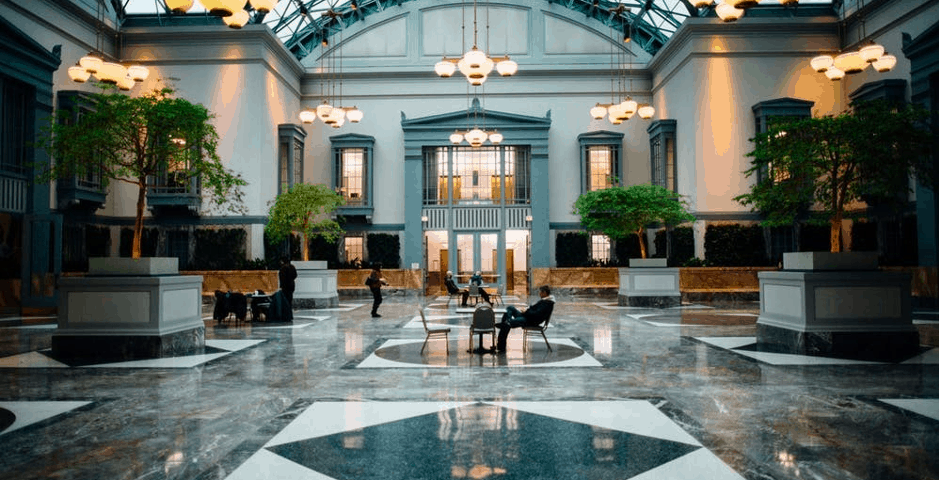for support
(888)123-4567
Hotels were once bustling with tourists; crowded check-in counters and guests asking countless questions about the best sights and restaurants in the area.
However, that is a thing of the past thanks to the widespread pandemic. Hotels all around the world are now eerily empty and struggling to stay afloat.
In Singapore, occupancy percentages are down to single digits. In the US, it is reported that financial losses in the hospitality sector could surpass a staggering US$24 billion.
In the current situation, hotels should adopt a prudent mindset and look towards improving productivity and reducing operating costs through technological improvements.
Here are some ways to get started:
Install A Smart Energy Management System
Up to 15% of all hotel operating costs goes to electricity. This is a significant aspect that all hotels should look into for cost and even energy savings, especially in the current situation.
Smart energy management systems harness data from property management systems by identifying occupied and unoccupied rooms thereby optimising energy consumption for each room in real-time.
These systems also help reduce hotel energy costs by up to 20 per cent, potentially recovering its cost within as little as 24 months, thereby increasing revenue in the long term.
Contactless Check-In for Hotels
GTRIIP's solution allows guests to check-in remotely with their mobile devices and alerts hotel staff on the time of arrival and preferences of each guest.
This considerably saves time and labour costs as hotel owners can better predict, manage and allocate their staffing needs.
In addition to increased efficiency and productivity with staffing, it allows the staff to prepare for guests ahead of time and to offer a more personalised guest experience, even on their first visit.
At the end of the stay, guests enjoy a seamless self-check-out experience through a simple web link and leave satisfied while the hotel saves considerably on labour costs, a win-win situation.
Smart Guest Experiences
Smart guest experience is the future of the hospitality industry.
To put guests at the centre of their operations, hotels should adopt smart technology to improve the process of personalising guest experiences and expectations.
With over 42% of global hotel bookings made online, gathering data on guests’ preferences has never been easier.
Technology can be employed to automate guest interactions within a property. Some hotels have used mobile devices as room keys or even to answer frequently asked questions at the reception, such as the best sights and restaurants in the area.
With the increased use of data to improve guest experiences within a property, technology solution providers that guarantee data protection are highly likely to become dominant in the hospitality sector within the next 10 years.
Conclusion
These unprecedented times present a golden opportunity for hotels to upgrade themselves by reducing operational costs, improve guest experiences and to capitalise on new sources of revenue both for now and in the future.
Statistics show that hotel apps and other hotel technology influence the booking decisions of over 70% of travellers. As such, we can expect to see more hotels leveraging on a host of smart technology innovations to stay ahead of the game.
By implementing the right technologies, hotels get to save operation and labour costs, improve guests experience and increase overall productivity and profitability.
Find out more about GTRIIP's hotel solutions here. https://www.gtriip.com/hotel
To learn more about how smart technology can help hotels, reach out to us via the link below.https://www.gtriip.com/consult-with-us/